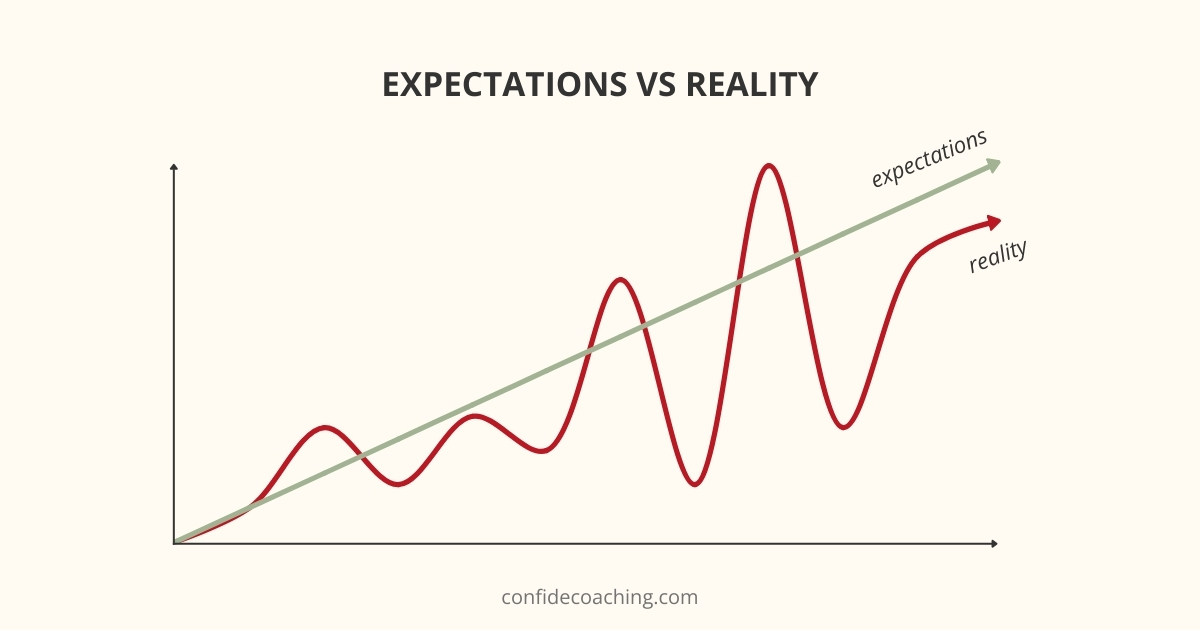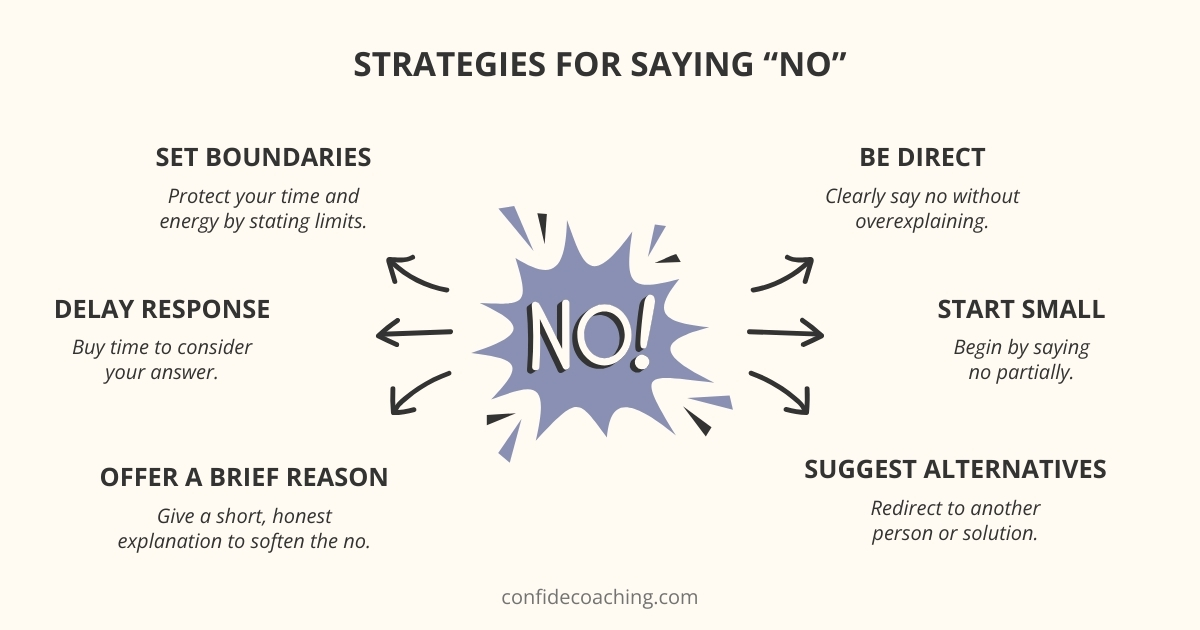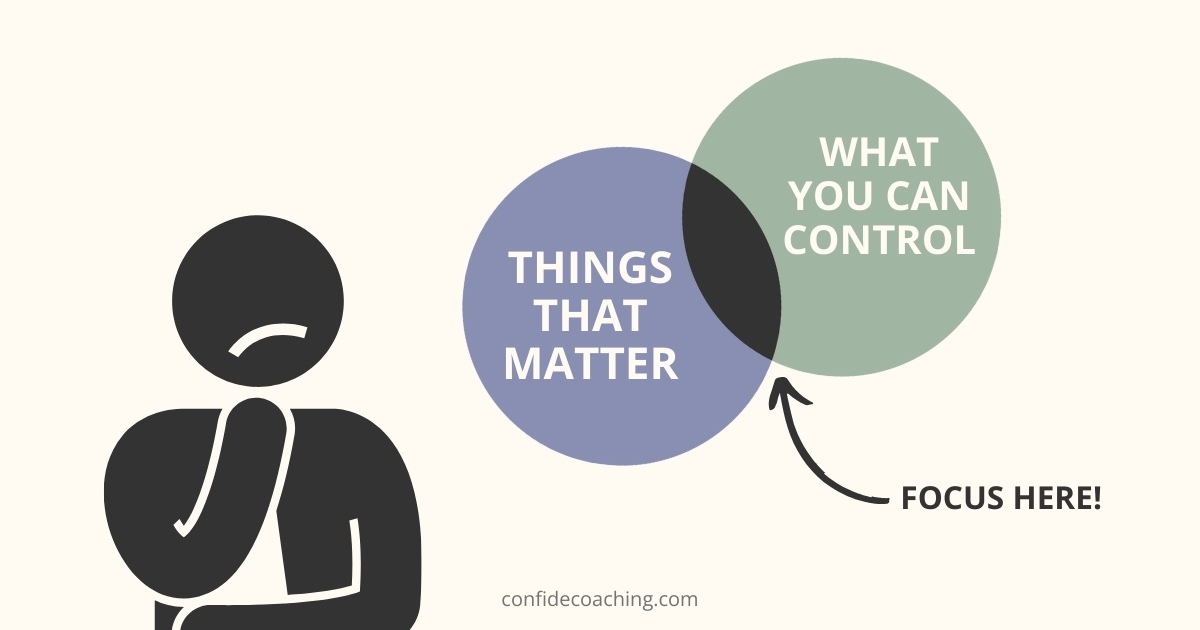
The holidays are meant to bring joy and connection, but what happens when difficult personalities hijack the spirit of the season? For many, the holiday season is a double-edged sword. While it promises moments of warmth and celebration, it also brings a heightened risk of tension, especially when challenging relationships come into focus.
The reality is that the holidays often force increased contact with people we might otherwise limit in our daily lives. Whether it’s an overly critical relative, a manipulative sibling, or a passive-aggressive in-law, these interactions can quickly turn festive gatherings into emotional minefields. Add to this the heightened expectations of holiday perfection—family harmony, meaningful traditions, and Instagram-worthy memories—and it’s no surprise that the season can feel more stressful than joyful.
For those navigating these dynamics, understanding and managing toxic behavior is essential. If this feels all too familiar, you’re not alone. As outlined in What to Do with Toxic People in Your Life, identifying toxic patterns and their emotional impact is the first step toward reclaiming your peace.
In this article, we’ll delve into practical, holiday-specific strategies for handling family dynamics during Thanksgiving and Christmas. From setting boundaries to creating calm amidst the chaos, these tools will help you approach holiday gatherings with confidence and clarity, ensuring the season is as joyful as it’s meant to be.
Why Holiday Gatherings Are a Pressure Cooker for Conflict
Holiday gatherings are often idealized as moments of togetherness, love, and nostalgia. But for many, these expectations create a perfect storm for tension and conflict. The pressure to deliver picture-perfect celebrations can bring underlying family dynamics to the forefront, leading to emotionally charged interactions.
The Role of Nostalgia and Expectations
The holidays carry a sense of tradition and nostalgia, often linked to memories of a simpler or happier past. This can fuel expectations for a harmonious gathering, even when relationships are strained. Families may feel compelled to prioritize togetherness, ignoring unresolved conflicts or hoping everyone will “get along for the day.” This mismatch between expectation and reality often creates frustration when tensions inevitably arise.

Stress Amplifiers
Holiday gatherings are rarely simple. Travel logistics, financial strain from gift-giving and entertaining, and the pressure to achieve picture-perfect moments can make emotions run high. Perfectionism, in particular, can transform minor disagreements into full-blown conflicts, as family members attempt to control outcomes in an already tense environment.
For those dealing with high-conflict personalities, the holidays may present an additional challenge. As explored in Navigating High-Conflict People, some individuals seem to thrive on drama, particularly during stressful times. Their tendency to escalate tension can make them a focal point of holiday gatherings, leaving others struggling to maintain peace.
Pre-Holiday Preparation: Setting the Stage for Success
Understanding why holiday gatherings can be a pressure cooker for conflict is one thing, but proactively preparing for those situations is where true empowerment begins. By setting clear expectations, communicating boundaries, and mentally fortifying yourself before the event, you can take control of your holiday experience instead of letting it be dictated by others’ behavior. Here are some examples that can be helpful.
Clarify Expectations and Boundaries
The first step is to decide ahead of time what you will and won’t tolerate. By establishing these personal boundaries, you give yourself a framework for navigating difficult interactions. For example, if certain topics—like politics or your personal life—tend to spark heated debates or unwanted criticism, you might decide to politely redirect or avoid those discussions altogether. A simple boundary could be: “I’d prefer to keep the conversation light and positive today.”.
Communicate Boundaries Early
Clear and respectful communication can help minimize misunderstandings before the event begins. Using non-confrontational language—such as, “Let’s focus on enjoying the day together”—can signal your intentions while subtly discouraging toxic behaviors. Setting the tone in advance helps avoid reactive or defensive responses during the event.
Prepare Emotional Defenses
Even with the best planning, toxic individuals often test boundaries, using manipulation or guilt to make you appear unreasonable or even cast themselves as the victim. Visualization techniques can help you prepare for these scenarios so you won’t be caught off guard. For instance, imagine someone dismissing your clearly communicated boundary with a comment like, “Oh, come on, it’s just a joke,” or, “You’re being so sensitive.” Picture yourself calmly reinforcing your boundary without escalating the conflict: “I hear you, and I’m standing by what I said. Let’s move on.”
Rehearsing these responses in advance strengthens your confidence and resolve, ensuring you stay grounded when someone tries to undermine your limits. This mental preparation equips you to respond without anger or defensiveness, making it harder for them to manipulate the situation in their favor.
As highlighted in 3 Tips for Surviving Holiday Dinners, setting mental limits is just as important as setting verbal boundaries. Knowing when to disengage and protect your energy ensures that the holiday remains a positive experience for you, regardless of others’ actions.
With your groundwork in place, you’ll be better equipped to handle the dynamics of the day. Next, we’ll explore specific strategies to navigate the gathering itself, from managing challenging personalities to staying calm and grounded in the moment.
Strategies for Managing Toxic Behavior During the Gathering
Even with thoughtful preparation, toxic behaviors can still arise during holiday gatherings. The key to navigating these moments is to manage your responses with calm, clarity, and intentionality. Let’s explore practical strategies for handling specific challenges, maintaining your peace, and ensuring the holiday spirit isn’t derailed.
Dealing with Specific Toxic Behaviors
Toxic behavior comes in many forms, from overt criticism to subtle manipulation. Here’s how to address common scenarios without getting drawn into unnecessary conflict.
The Overcritical Family Member
When a family member habitually criticizes your choices, appearance, or life decisions, it can be tempting to react defensively. However, deflecting negativity with neutral, non-confrontational responses helps keep the conversation from escalating.
- Example: If someone comments, “I can’t believe you’re still single; don’t you think it’s time to settle down?” you might respond calmly, “I’m focusing on what’s right for me right now. Thanks for your concern!” This approach acknowledges their remark without giving it the emotional weight they may be seeking.
The Emotional Manipulator
Manipulative individuals often use guilt or exaggeration to control situations or provoke a reaction. Staying calm and redirecting the focus can help you disengage from their tactics.
- Example: If they say, “You never make time for this family anymore,” respond with, “I value our time together, and I’m here now to enjoy it. Let’s make the most of it.” This approach validates their underlying desire for connection while keeping the conversation focused on the present moment.
The Passive-Aggressive
Passive-aggressive comments can be especially frustrating because they are often disguised as jokes or indirect criticisms. Addressing these remarks with curiosity rather than confrontation can defuse the tension.
- Example: If someone remarks about your career choice, “Well, if you don’t mind earning less, that’s your choice, I suppose,” you might reply, “It sounds like you’re wondering how I feel about the financial side of things. What’s been your experience with balancing money and meaningful work?” By turning the conversation back to them, you neutralize the comment and shift the dynamic.
Create Distractions
Sometimes, the best way to diffuse tension is to redirect attention to something more engaging.
Leverage Holiday Activities
Structured activities can create a positive atmosphere and reduce opportunities for conflict. Games, cooking tasks, or even a spontaneous group photo session can lighten the mood and shift the focus.
- Example: If a toxic relative starts to dominate conversations or stir conflict, redirect the room by saying, “Let’s capture the moment—everyone to the couch for a photo!” This creates a fun distraction that helps reset the energy of the gathering.
Time-Out Strategies
If toxic behaviors or tense interactions start to overwhelm you, stepping away can provide the space needed to reset and regain composure.
Excuse Yourself Gracefully
Sometimes, a quick break is the best way to manage rising emotions or tension.
- Example: Say, “I’m going to grab some fresh air for a moment,” or, “I’ll check on the dessert in the kitchen.” These brief time-outs allow you to collect your thoughts and return to the gathering with a calmer mindset.
Lean on an Ally
Enlisting the help of a supportive family member or friend can make challenging moments feel less isolating.
- Example: Pull aside a trusted sibling or cousin and say, “Can you help me change the subject if things get heated?” Having someone to share the emotional load and redirect difficult conversations can make a significant difference.
The holiday gathering is over, but its emotional aftermath may still linger. Whether you managed toxic dynamics with ease or faced unexpected challenges, taking time to reflect and recharge is crucial. This pause allows you to process the event in a healthy way, preventing negative emotions or unresolved conflicts from weighing you down. Reflection helps you gain clarity on what went well, what didn’t, and how you can handle future interactions with greater confidence and resilience. Here’s how to effectively process the experience and prepare for healthier relationships moving forward.
Reflect on the Event Without Dwelling
Reflection helps you learn and grow from your experiences, but it’s important not to get stuck replaying difficult moments. Instead of dwelling on what went wrong, focus on what you handled well and where you might improve next time. Journaling can be an effective way to process your thoughts—write about the successes you experienced, such as moments when you held your boundaries or redirected a tense conversation.
If certain interactions still feel unresolved, revisit strategies outlined in What to Do with Toxic People in Your Life to manage lingering emotions. Acknowledging and processing these feelings can help you move forward with clarity and emotional resilience.
When to Limit or Avoid Contact
Navigating family dynamics often involves setting boundaries and practicing thoughtful communication. But in some cases, no matter how much effort you put in, the emotional cost of maintaining a relationship may outweigh the benefits. Deciding to limit or avoid contact isn’t an act of selfishness—it’s a necessary step to protect your well-being. Choosing your peace is an act of courage and self-respect, especially when interactions consistently cause harm.
Recognizing Persistent Harm
Some relationships leave lasting emotional scars due to chronic patterns of disrespect, manipulation, or hostility. When efforts to communicate or set boundaries repeatedly fail, it’s essential to recognize the toll these interactions are taking on your mental and emotional health.
This is not about holding grudges or assigning blame; it’s about safeguarding your peace and breaking free from a cycle that drains your energy. If a relationship consistently causes you to feel devalued or emotionally unsafe, limiting contact may be the healthiest choice you can make for yourself and your future.
Gracefully Setting Distance
If you choose to limit or avoid contact, it’s possible to do so in a way that minimizes conflict. You don’t have to justify your decision in detail or engage in drawn-out explanations—neutral, kind responses are often the most effective.
- Example: “We’re keeping it simple this year and having a quiet holiday at home.”
- Example: “We’ve decided to do something different this time—let’s catch up another time.”
These statements allow you to assert your boundaries without escalating tensions. It’s okay to prioritize your needs, even if others don’t fully understand your decision.
Reframe Holiday Traditions
When you step back from toxic relationships, it creates space to redefine what the holidays mean to you. Rather than focusing on what you’re stepping away from, shift your attention to what you’re creating:
- Host gatherings with people who uplift you: Celebrate with friends or family members who bring positivity into your life.
- Build meaningful rituals: Volunteer, travel, or engage in traditions that align with your values and bring you joy.
- Reclaim your time: Use the holidays as an opportunity to prioritize rest, reflection, and connection with people who truly matter.
By reimagining your holiday traditions, you reclaim the joy and fulfillment that toxic dynamics may have overshadowed.
When It’s a Close Relative
Limiting contact with a close family member is uniquely challenging. Society often emphasizes the idea that family bonds must be preserved no matter the cost, which can lead to feelings of guilt or doubt when you consider stepping back. However, prioritizing your well-being isn’t selfish—it’s an essential act of self-care and a recognition that healthy relationships require mutual respect.
Here’s how to navigate this delicate situation with clarity and compassion:
Adjust Interactions
Relationships don’t have to be all or nothing. Modify how and when you interact to reduce stress while maintaining some connection:
- Opt for shorter visits: Suggest meeting for coffee or a brief activity instead of a day-long gathering.
- Choose neutral settings: Public spaces like parks or cafés often discourage confrontations and provide a natural time limit.
- Avoid peak stress periods: Meet outside of high-pressure holidays, like a casual visit weeks before or after major events.
Shift Expectations
Let go of the idea that closeness requires tolerating harmful behavior. Adjust your perspective to make interactions more manageable:
- Let go of the idea of “fixing” them: Accept that you can’t change their behavior, only how you respond to it. This mindset can reduce frustration and protect your energy.
- Aim for surface-level interactions: Instead of striving for a deep emotional connection, aim for civil, surface-level interactions that feel sustainable.
- Acknowledge their limitations: Understanding their emotional limitations can help you approach interactions with more realistic expectations and less disappointment.
Give Yourself Permission to Say No
Sometimes, even modified interactions may still be too much. Skipping certain events or taking a temporary step back can provide the space you need to regain clarity and heal.
- Start small: If avoiding an event entirely feels overwhelming, begin by saying no to parts of it. For example, skip the family dinner but meet for dessert afterward.
- Communicate kindly but firmly: “I’m not able to make it this time, but I hope you all have a great time” is a gracious way to decline without opening the door for debate.
- Use the space wisely: Time apart from a close relative can help you reflect on how the relationship affects you and what changes might be needed to improve it.

Reframe Distance as an Opportunity
Choosing to limit contact doesn’t mean severing ties permanently. It’s about creating a healthier dynamic where respect and emotional safety become the foundation for future interactions. The space you create allows you to practice intentional engagement and approach the relationship with a fresh perspective.
Self-Care Practices
After navigating the emotional intensity of a holiday gathering, prioritizing self-care is vital. These practices can help you reset emotionally and prepare for what’s next:
- Rest and recharge: Ensure you get adequate sleep and downtime to process the experience and regain energy.
- Move your body: Physical activity, whether it’s a gentle walk or a full workout, helps release built-up stress and promotes a sense of calm.
- Reconnect with uplifting people: Spend time with friends or family members who make you feel valued and supported. Sharing positive energy helps reset emotionally and strengthens your resilience.
By recognizing when to limit or avoid contact, reframing traditions, and practicing self-care, you take control of your holiday experience. These decisions may be challenging, but they’re grounded in your right to prioritize your emotional well-being and create a season filled with genuine joy and connection.
Reclaiming Your Holiday Peace
The holidays don’t have to be defined by stress, conflict, or the weight of difficult relationships. Even in the face of challenging dynamics, you hold the power to shape your experience. By focusing on what you can control, you can reclaim the joy, connection, and meaning that the season promises.
Setting clear boundaries isn’t about shutting people out—it’s about protecting your peace and creating space for what truly matters. Approaching toxic interactions with composure and intention allows you to rise above negativity, while prioritizing your well-being ensures that you enter the season feeling grounded and empowered. These steps enable you to reclaim the holidays, transforming them into a time that reflects your values and desires rather than others’ expectations.

Key Takeaway
“By setting boundaries and approaching toxic dynamics with clarity and intention, you can preserve your peace and rediscover the magic of the holidays.”
Ready to deepen your understanding and strengthen your strategies? Explore these related articles for more insights:
- What to Do with Toxic People in Your Life
- Navigating High-Conflict People
- 3 Tips for Surviving Holiday Dinners
The holidays are yours to define. Take control of your experience, and focus on creating a season filled with peace, authentic connection, and joy.
If you’re seeking more guidance in navigating difficult relationships—during the holidays or any time of year—I invite you to book a free trial session with me. Together, we’ll explore your unique challenges and develop strategies to help you create healthier dynamics, set boundaries, and maintain your peace.

Paul Strobl, MBA, CPC
Owner of Confide Coaching, LLC
Paul is a Master Life Coach for GenX and GenY executives and business owners. Originally from Houston, Texas, he has been location independent for most of his adult life. He currently resides in the Rhodope Mountains of Bulgaria near the Greek border with his brilliant wife, 14-year-old stepson (officially adopted in 2021!) and a Posavac Hound rescue.

